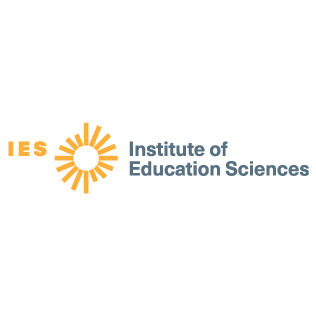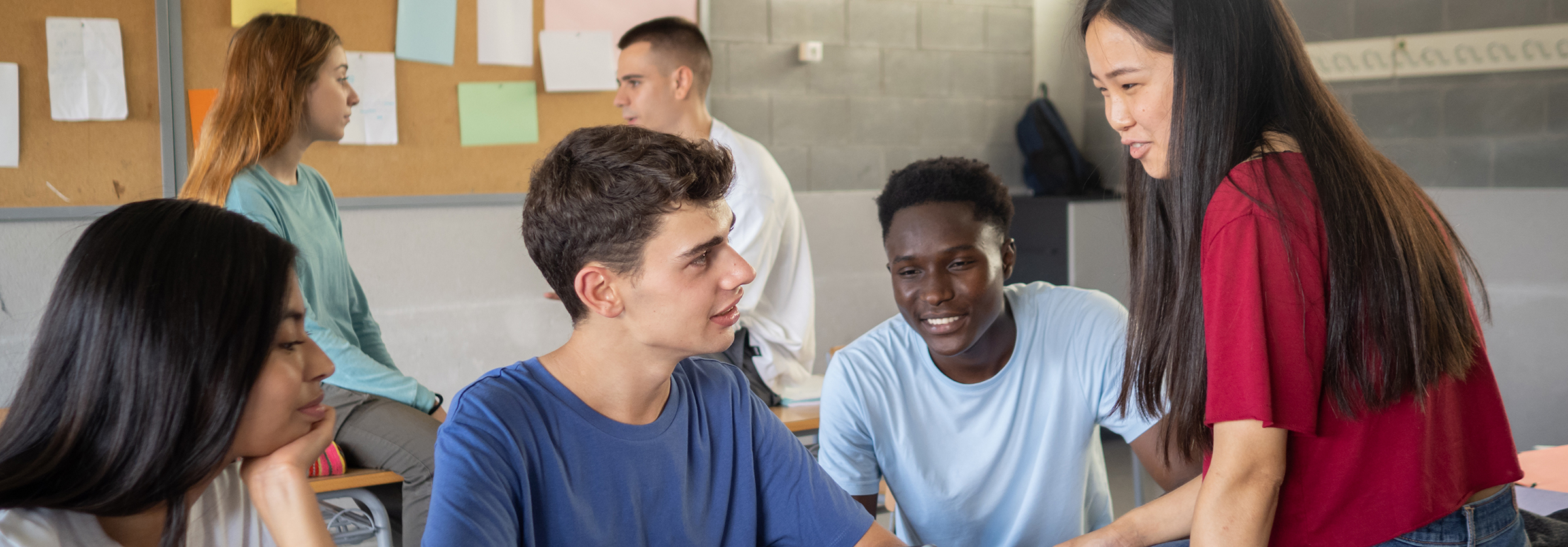Blog 2 in a two-part series on knowledge mobilization. In this second blog post, I’ll focus on how you can develop your own knowledge mobilization strategy and discuss some concrete first steps you can take. I build from the three key lessons learned in the first blog post, adding what we’ve learned about effective knowledge mobilization practices from those in the field actually doing this work.
Blog 1 in a two-part series on knowledge mobilization. One of the truths I’ve learned over my time as an education researcher is that most scholars want to make a difference. Most of us got into this business because we felt we care about and want to do work that matters. We want to make a difference in the field, to what happens in schools, and to the lives of children and families.
According to the National Center for Education Statistics, approximately one in five public school students are enrolled in a school with a rural designation. Rural schools face unique challenges such as a lack of adequate resources, high transportation costs, difficulty recruiting and retaining teachers, and a shortage of professional development opportunities and early childhood services.
School districts are typically the entryway for educational products to make it into the hands of students and teachers. However, the unique ecosystem of each district can make it challenging for product developers and vendors to know who to approach in a district to share information about a new educational product.
One of the central goals of the LEARN Network is to help educational products that already have a strong evidence base achieve scale. Despite strong evidence demonstrating their efficacy in improving learner outcomes, many educational products do not wind up in the hands of educators. A common misconception explaining this phenomenon is that education practitioners (superintendents, curriculum and instruction leaders, and principals) do not prioritize using research-based solutions.
When researchers seek to create a product, program, or intervention to enhance educational outcomes for students, they often start from a theoretical foundation. A theory of change, or a conceptual model based in research of how a specific product can lead to a desired change, is often the launchpad for creation.










